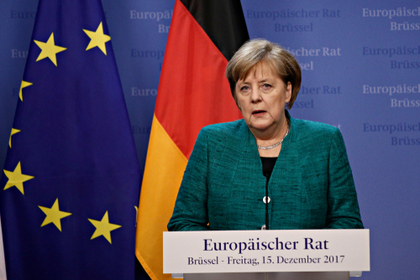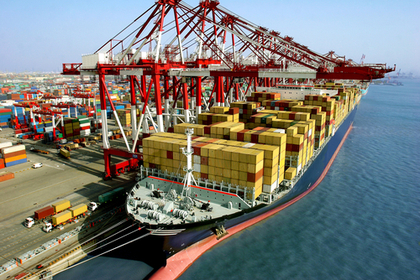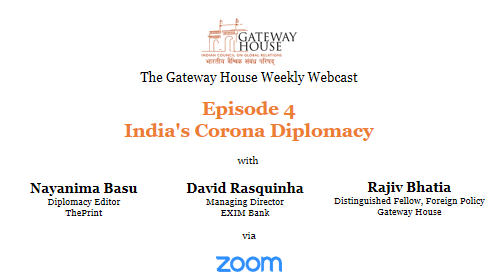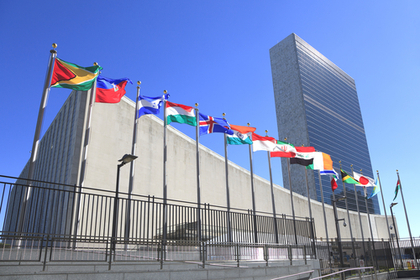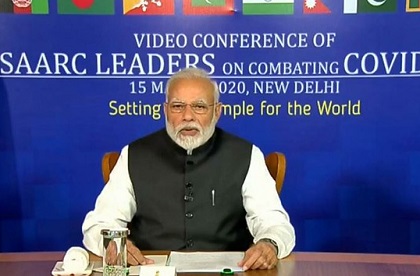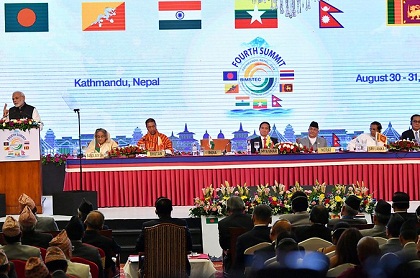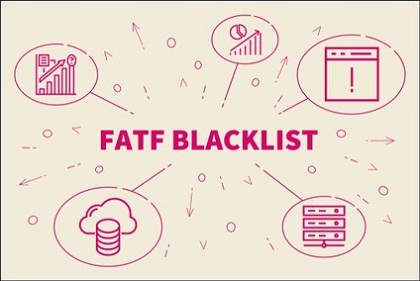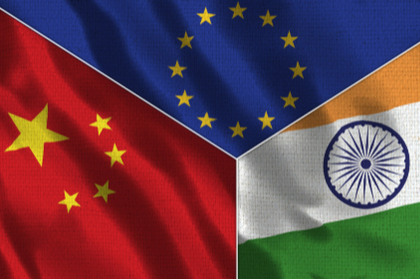Germany’s E.U. ‘COVID-19’ Presidency 2020
In July 2020, Germany takes over as President of the European Union. It’s a fraught time to lead the union which has been slow to react to COVID-19 and needs a new direction. With the pandemic, the U.S.- China stand-off, and a global economic crisis – Chancellor, Angela Merkel has her work cut out.

